Microchip scoops NASA's $50m contract for high-performance spaceflight computing processor
The new processor will cater to both space missions and Earth-based applications

Sign up today and you will receive a free copy of our Future Focus 2025 report - the leading guidance on AI, cybersecurity and other IT challenges as per 700+ senior executives
You are now subscribed
Your newsletter sign-up was successful
NASA has teamed up with Microchip Technology Inc for a high-performance spaceflight computing (HPSC) processor that will aid the American space agency’s upcoming missions while adding to existing spacecraft capabilities.
Notably, the three-year deal will see Microchip design an HPSC processor that will outperform the computational capacity of current space flight computers by at least 100 times. The distinction will facilitate NASA's future lunar and planetary exploration missions.
Most importantly, the new processor will enable the processing power to rise, fall or freeze based on advancing space operational requirements for optimal power consumption.
As for Earth-related applications, NASA said the HPSC processor could be useful for commercial systems on Earth requiring mission-critical edge computing in the same vein as space missions that can continue operating safely even if a component abruptly fails.
Industrial automation, edge computing, time-sensitive ethernet data transmission, artificial intelligence, and IoT gateways could all benefit from the new processor, according to NASA.
"This cutting-edge spaceflight processor will have a tremendous impact on our future space missions and even technologies here on Earth," said Niki Werkheiser, director of technology maturation within the space technology mission directorate at NASA Headquarters in Washington.
RELATED RESOURCE

An EDR buyer's guide
How to pick the best endpoint detection and response solution for your business
"This effort will amplify existing spacecraft capabilities and enable new ones and could ultimately be used by virtually every future space mission, all benefiting from more capable flight computing," added Werkheiser.
Sign up today and you will receive a free copy of our Future Focus 2025 report - the leading guidance on AI, cybersecurity and other IT challenges as per 700+ senior executives
NASA's principal technologist for advanced avionics, Wesley Powell, commented, "Our current spaceflight computers were developed almost 30 years ago.”
"While they have served past missions well, future NASA missions demand significantly increased onboard computing capabilities and reliability. The new computing processor will provide the advances required in performance, fault tolerance, and flexibility to meet these future mission needs."
-
 Stop treating agentic AI projects like traditional software
Stop treating agentic AI projects like traditional softwareAnalysis Designing and building agents is one thing, but testing and governance is crucial to success
-
 PayPal appoints HP’s Enrique Lores in surprise CEO shake-up
PayPal appoints HP’s Enrique Lores in surprise CEO shake-upNews The veteran tech executive will lead the payments giant into its next growth phase amid mounting industry challenges
-
 Google claims its AI chips are ‘faster, greener’ than Nvidia’s
Google claims its AI chips are ‘faster, greener’ than Nvidia’sNews Google's TPU has already been used to train AI and run data centres, but hasn't lined up against Nvidia's H100
-
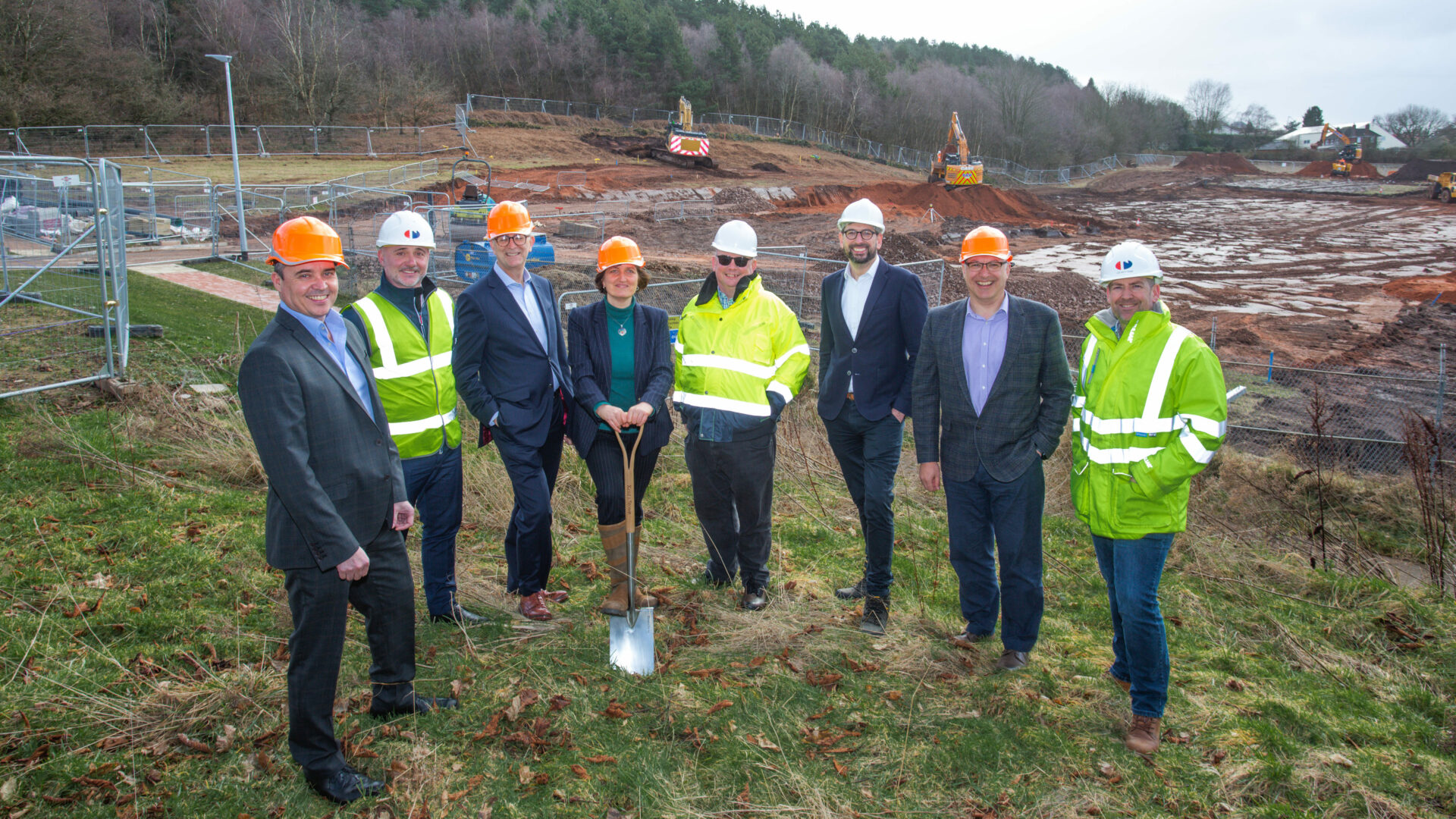 £30 million IBM-linked supercomputer centre coming to North West England
£30 million IBM-linked supercomputer centre coming to North West EnglandNews Once operational, the Hartree supercomputer will be available to businesses “of all sizes”
-
 How quantum computing can fight climate change
How quantum computing can fight climate changeIn-depth Quantum computers could help unpick the challenges of climate change and offer solutions with real impact – but we can’t wait for their arrival
-
 “Botched government procurement” leads to £24 million Atos settlement
“Botched government procurement” leads to £24 million Atos settlementNews Labour has accused the Conservative government of using taxpayers’ money to pay for their own mistakes
-
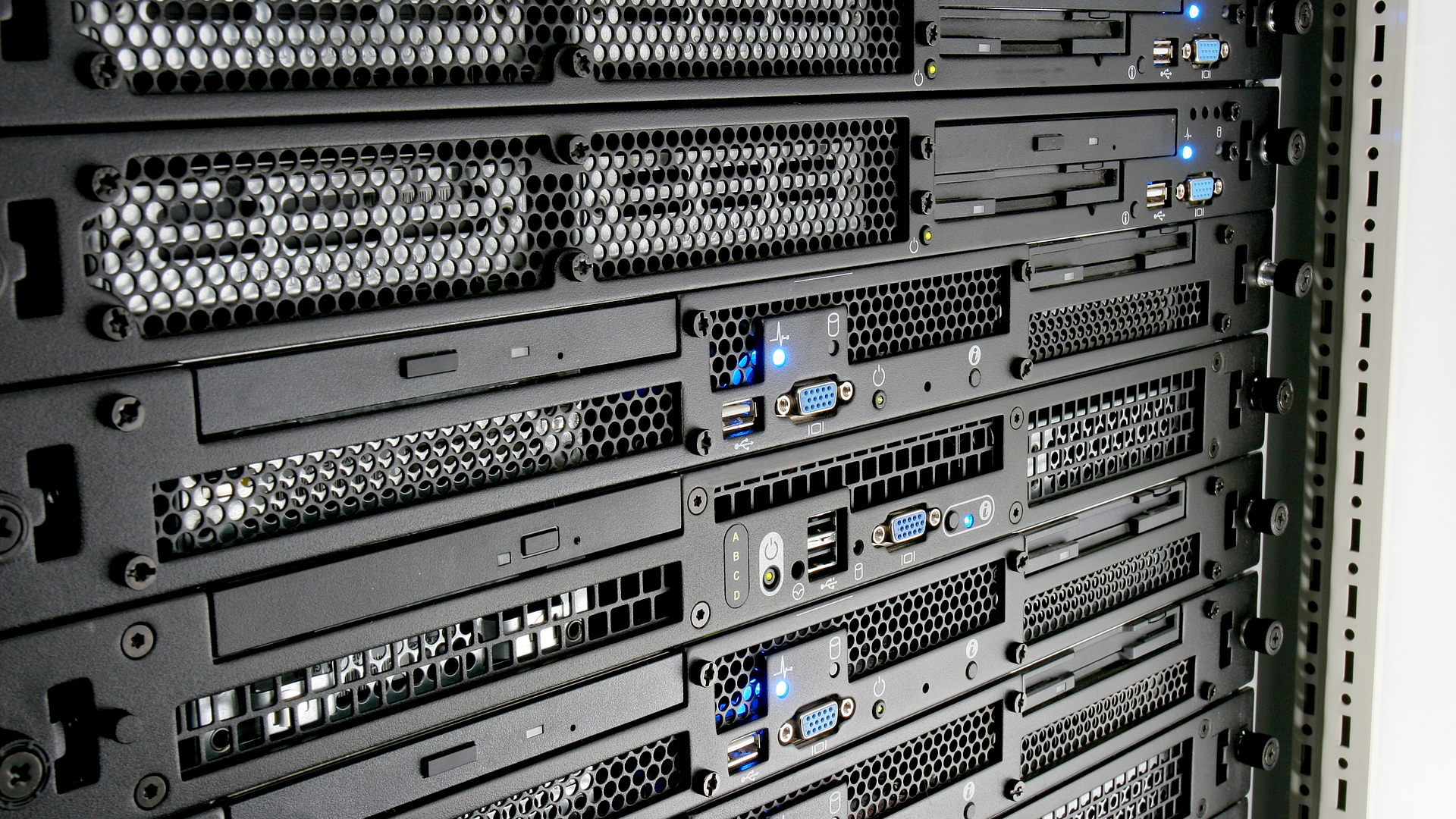 Dell unveils four new PowerEdge servers with AMD EPYC processors
Dell unveils four new PowerEdge servers with AMD EPYC processorsNews The company claimed that customers can expect a 121% performance improvement
-
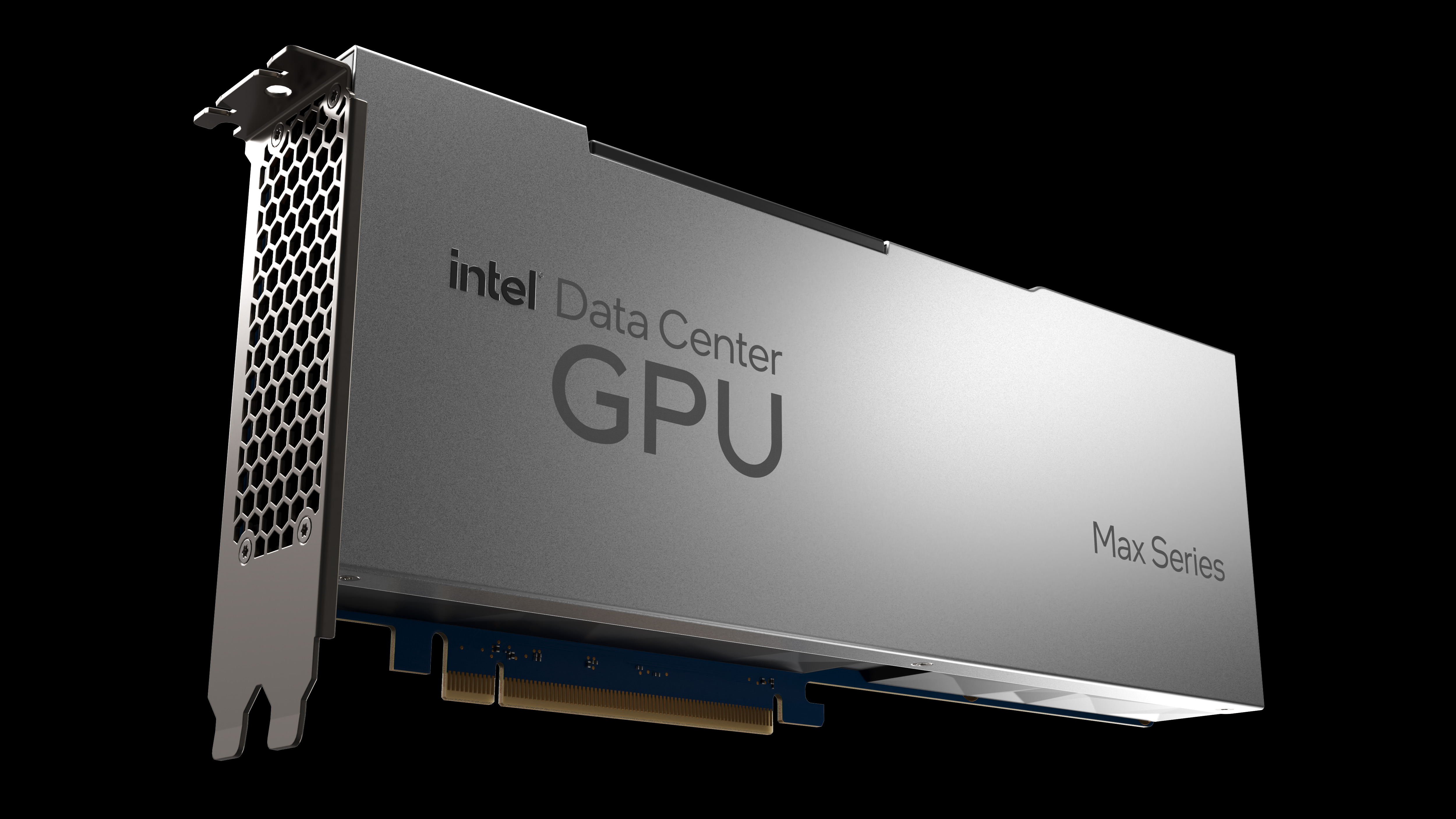 Intel unveils Max Series chip family designed for high performance computing
Intel unveils Max Series chip family designed for high performance computingNews The chip company claims its new CPU offers 4.8x better performance on HPC workloads
-
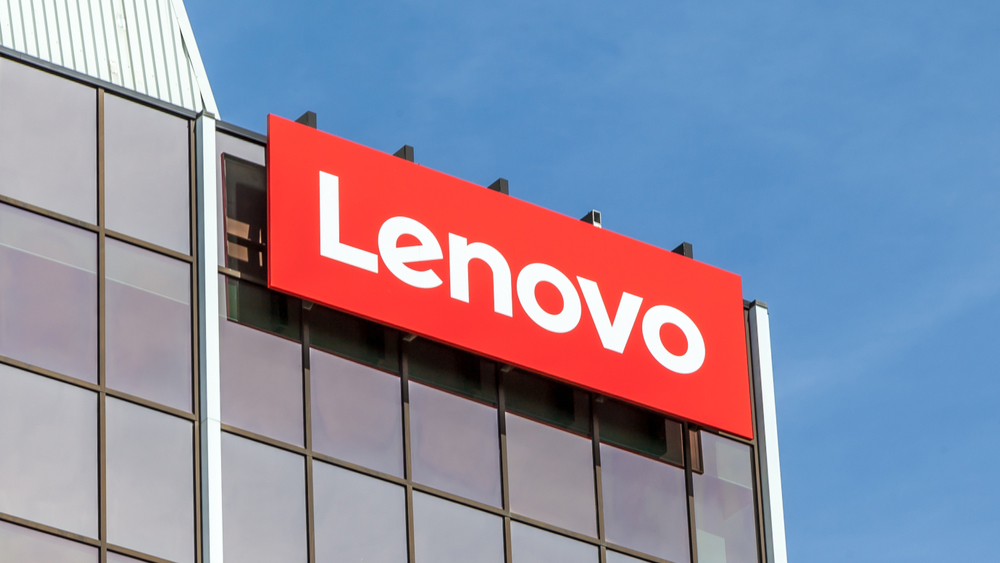 Lenovo unveils Infrastructure Solutions V3 portfolio for 30th anniversary
Lenovo unveils Infrastructure Solutions V3 portfolio for 30th anniversaryNews Chinese computing giant launches more than 50 new products for ThinkSystem server portfolio
-
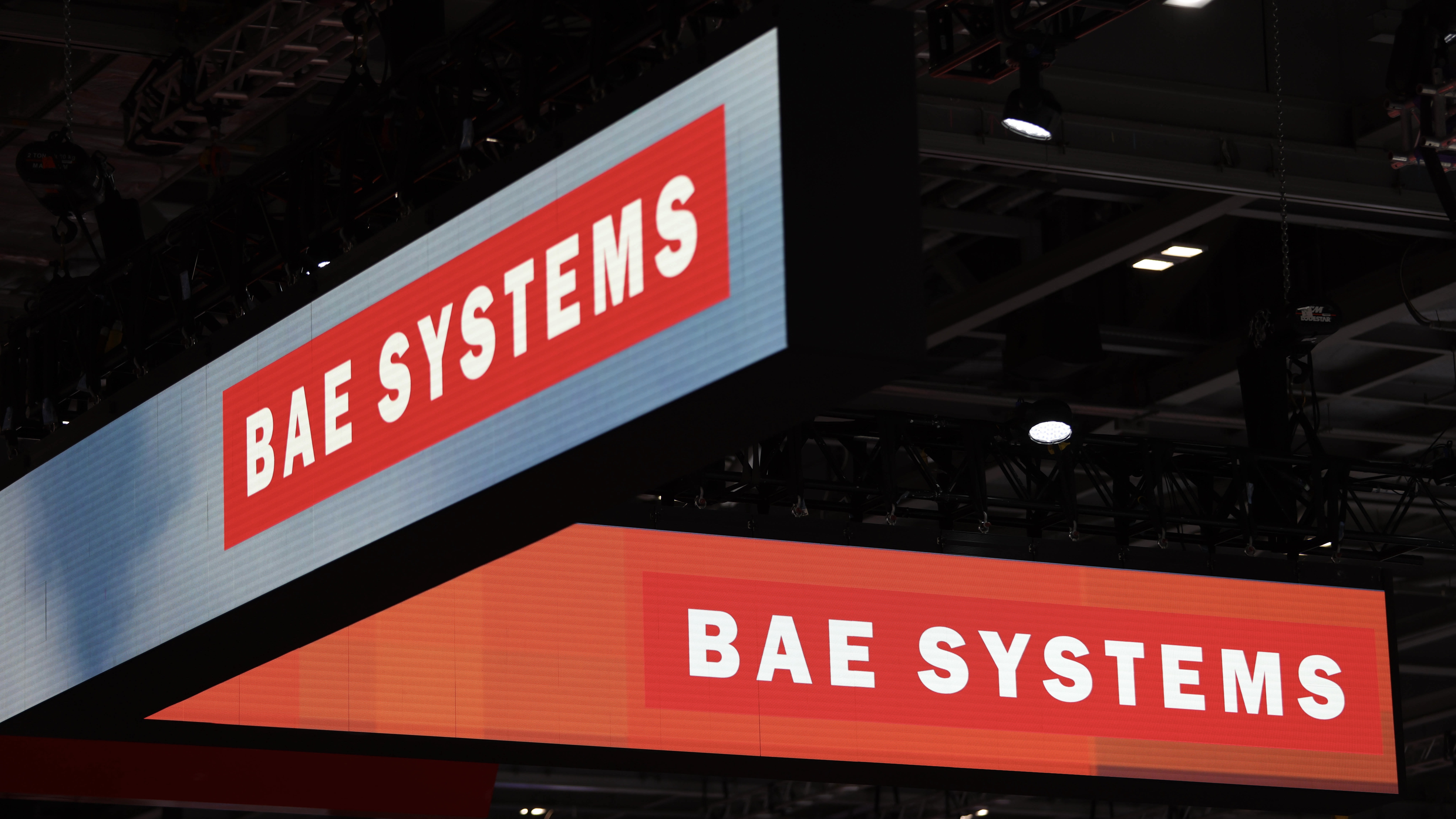 BAE Systems lands $699 million US army HPC contract
BAE Systems lands $699 million US army HPC contractNews Defense giant will operate and maintain the military’s high performance computing systems until 2027